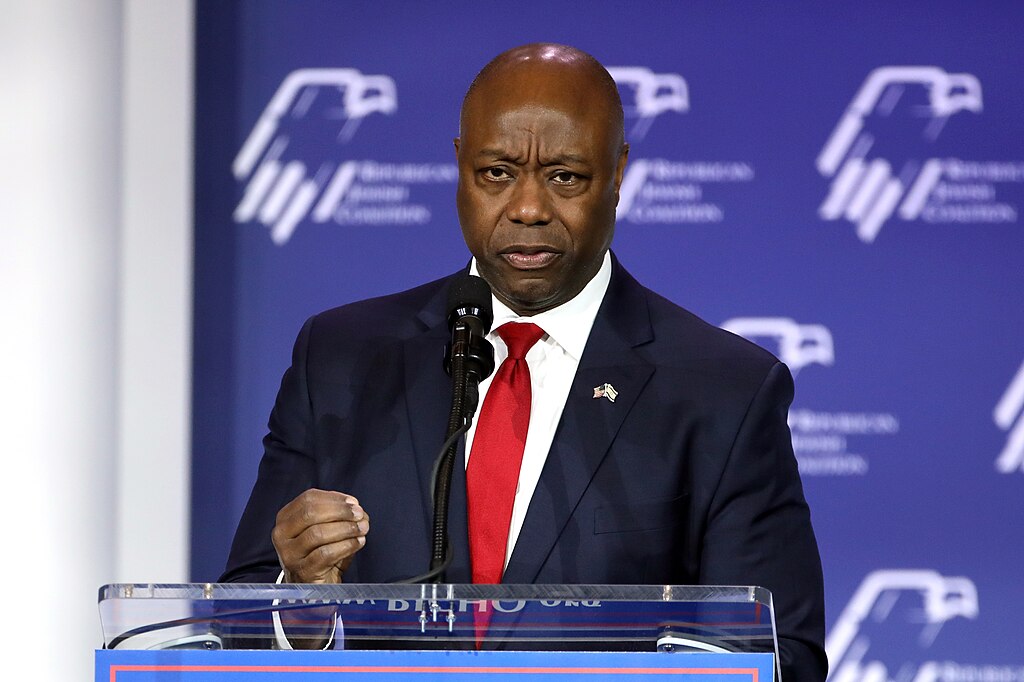Republican lawmakers are pushing forward with the Digital Asset Market Clarity Act, a comprehensive bill aimed at establishing clear rules for the U.S. cryptocurrency market. Despite bipartisan interest in crypto regulation, the bill has triggered intense criticism from Democrats, who argue it's being rushed and fails to address potential conflicts of interest involving President Donald Trump’s alleged crypto dealings.
The legislation was discussed in two House committee hearings this week, where GOP leaders emphasized the urgency of crypto regulation to prevent innovation from moving overseas. Representative Bill Huizenga stressed the lack of consumer protection under the current system, while other Republicans praised the bill’s potential to close regulatory gaps.
However, Democrats like Representative Jim Himes said the bill lacks adequate safeguards. Himes, a former Goldman Sachs banker, demanded "platinum" consumer protections and provisions to prevent conflicts of interest among public officials, especially given concerns over Trump and his family profiting from crypto ventures.
Democrats accuse Trump of leveraging his political influence while his family allegedly benefits financially from the crypto sector, including investments from anonymous foreign sources. Republicans largely dismissed these claims. Representative Andy Barr defended Trump, asserting his assets are held in a blind trust, though Democrats disputed that characterization.
Critics also raised alarms about potential loopholes in the 236-page bill, warning it might let securities firms skirt regulations. Former CFTC chair Timothy Massad argued the bill could erode existing securities protections while failing to adequately curb crypto’s use in illicit finance.
Despite controversy, House Financial Services Chairman French Hill believes the revised bill improves on prior versions that had Democratic support. A markup session could occur on June 10, potentially advancing the bill to a House vote. However, Senate passage remains uncertain without strong bipartisan backing.




























Comment 0